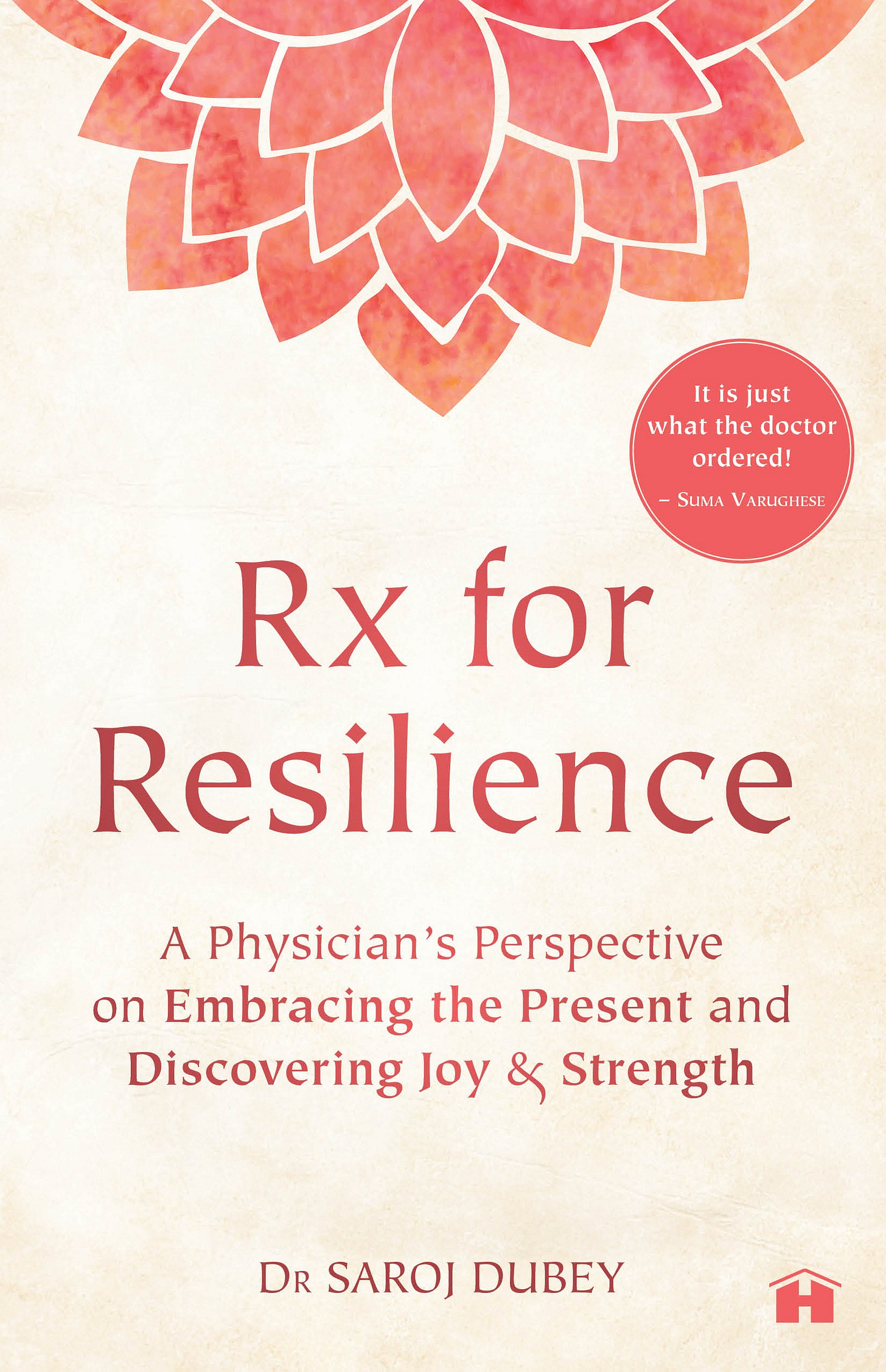Pause, Relish, Thrive: Embracing the Power of Savouring
Dr Saroj Dubey's take on rewiring your brain for happiness.
Among the various practices and strategies used to enhance happiness and well-being, a simple yet effective approach is savouring and taking in the good. I have found it to be profoundly impactful in my own experience, and it is also well-supported by scientific research. Savouring can be described as the process of lingering on a positive moment to prolong the feeling. As defined by Bryant and Veroff (2007), it is the ability to attend to, appreciate, and enhance the positive experiences one encounters.
However, this is contrary to what we typically do daily. We often rush past the small, beautiful moments of the day without truly absorbing them—barely taking a whiff of the perfume instead of inhaling it fully. Evidence suggests that savouring these small, good moments daily helps us feel great and positively impacts our overall well-being and happiness. The more present and aware we are, the more we notice things worth savouring. It is crucial to practise savouring pleasant feelings and experiences, whether enjoying a delicious meal or basking in the satisfaction of completing a small but meaningful task.
Rather than immediately switching to the next activity, we can relish and replay these moments in our minds or even share them with a close friend or partner. These are just a few ways to extend and amplify the pleasant feelings we encounter throughout the day.
Another effective method for deepening our positive experiences is what neuropsychologist Dr Rick Hanson, refers to as taking in the good. His theory highlights the human brain’s evolutionary negativity bias, describing it as being ‘like Velcro for bad experiences and Teflon for good ones.’ When we encounter something shocking or tragic, it instantly captures our attention and clings to our minds like Velcro. We dissect and discuss such events at length. In contrast, we often let wonderful moments slide away like Teflon, without allowing them to truly affect us.
This negativity bias, though useful for the survival of our ancestors in a world filled with dangers, is counterproductive for our mental health in modern times. Dr Hanson argues that we can consciously counteract this tendency. By deliberately soaking in the good things around us, we can train our brains to focus on positivity. The more we fully experience and absorb the pleasant aspects of life, the more we strengthen the neural pathways that store these memories. This is the foundation of positive neuroplasticity, and it is never too late to cultivate new neural connections.
So, the next time you encounter something beautiful or uplifting—a pretty flower, a delicious snack, or the soft breeze against your skin—pause for a moment. Resist the urge to rush past it, and allow yourself to fully envelope yourself in the experience. It will cost you only a minute, but you’ll have taken an important step towards depositing a positive memory in your neural bank.
Rx for Resilience is available here. Check our website for the latest updates!
About the Author
Dr Saroj Dubey is a TEDx speaker and a practising senior consultant gastroenterologist in Delhi NCR. Not only does he maintain a regular meditation practice, but he is also a dedicated mindfulness practitioner. He is deeply passionate about mindfulness and actively conducts classes to share its benefits with others. His primary teaching is to say yes to the present moment with an open heart.





